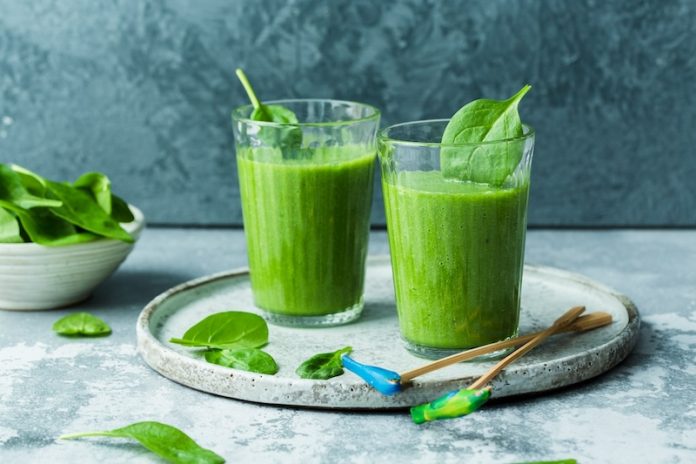
Inflammation is your body’s way of protecting itself. When you cut your finger or catch a cold, your immune system jumps into action to fight off infections and heal injuries. This kind of inflammation is helpful and temporary.
However, when inflammation lingers for too long, it can start to cause problems. Scientists call this “chronic inflammation,” and it’s linked to many health issues, including heart disease, diabetes, arthritis, and even depression.
The good news is that there are simple steps you can take to reduce inflammation and feel better every day.
To understand inflammation, think of it as a fire in your body. Acute inflammation is like a small campfire—it burns quickly and goes out once the job is done. Chronic inflammation, on the other hand, is like a smoldering wildfire that keeps burning and damaging healthy tissues.
It can be triggered by poor diet, lack of exercise, stress, and exposure to harmful substances like pollution or tobacco smoke. Over time, this ongoing damage can lead to serious health problems.
Research shows that what you eat has a major impact on inflammation. Certain foods can fuel the fire, while others can help put it out. For example, sugary drinks, fried foods, and processed snacks are known to increase inflammation.
These foods are high in refined carbohydrates and unhealthy fats, which can upset your body’s natural balance. On the other hand, fruits, vegetables, whole grains, and healthy fats like olive oil and nuts are packed with anti-inflammatory nutrients.
Studies have found that people who follow a Mediterranean diet, which emphasizes these foods, have lower levels of inflammation and a reduced risk of chronic diseases.
Exercise is another powerful tool for controlling inflammation. Regular physical activity helps your body manage stress and maintain a healthy weight, both of which are key to keeping inflammation in check.
Research has found that moderate exercise, like walking or swimming for 30 minutes a day, can lower levels of inflammatory markers in the blood. However, it’s important not to overdo it, as intense exercise without proper recovery can temporarily increase inflammation.
Stress also plays a big role in inflammation. When you’re stressed, your body releases hormones like cortisol, which can trigger inflammatory responses. Chronic stress keeps these hormones elevated, creating a vicious cycle.
Practices like yoga, meditation, or even spending time in nature can help reduce stress and inflammation. In fact, studies have shown that people who practice mindfulness techniques often have lower levels of inflammatory markers.
Getting enough sleep is another critical piece of the puzzle. Poor sleep can increase inflammation, while a good night’s rest helps your body repair itself. Research suggests that adults should aim for 7-9 hours of quality sleep each night to support overall health.
Reducing inflammation isn’t about making drastic changes overnight. It’s about taking small, consistent steps toward a healthier lifestyle. By focusing on your diet, staying active, managing stress, and getting enough sleep, you can help your body fight inflammation and feel better every day.
Here are some practical tips to get started:
- Eat more whole foods. Fill your plate with colorful fruits and vegetables, whole grains, and healthy fats like avocados and olive oil.
- Cut back on processed foods. Limit sugary drinks, fried snacks, and packaged meals.
- Stay active. Aim for at least 30 minutes of moderate exercise most days of the week.
- Manage stress. Try deep breathing exercises, yoga, or spending time with loved ones to relax.
- Prioritize sleep. Set a regular bedtime and create a calming routine to improve sleep quality.
- Stay hydrated. Drinking plenty of water can help your body flush out toxins and reduce inflammation.
By making these simple changes, you can take control of inflammation and enjoy a healthier, happier life.
If you care about inflammation, please read studies about turmeric: nature’s golden answer to inflammation, and what to eat to reduce chronic Inflammation.
For more health information, please see recent studies about how a plant-based diet could help ease inflammation ,and Vitamin D deficiency linked to increased inflammation.
Copyright © 2025 Knowridge Science Report. All rights reserved.



